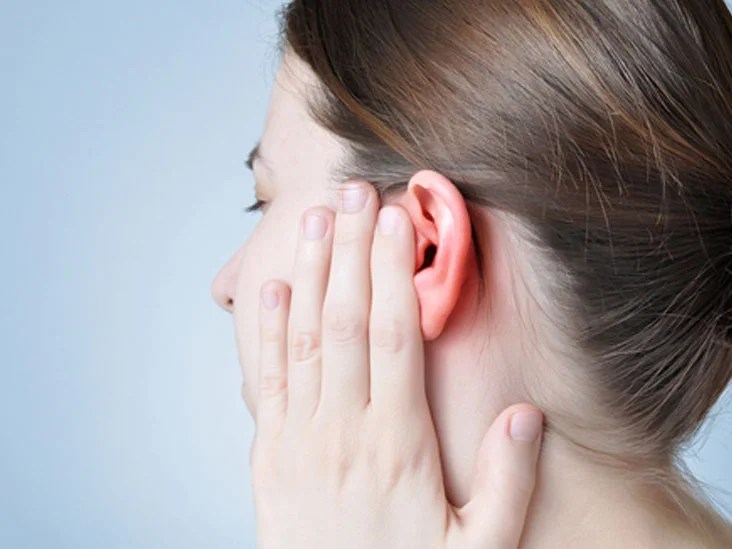Ear blockages are a common problem that many people experience at some point in their lives. Whether it’s due to earwax buildup, water trapped in the ear, or sinus issues, the feeling of a blocked ear can be uncomfortable and frustrating. Fortunately, there are several natural methods that have been shown to effectively clear ear blockages and restore normal hearing. In this article, we will explore some of these natural tricks that are helping people finally unblock their ears.
1. Warm Compress
One of the simplest and most effective remedies for ear blockages is the use of a warm compress. When the ear canal becomes blocked, it can be due to a buildup of earwax or fluid. A warm compress can help soften the wax or loosen the fluid, making it easier to remove. To use this method, soak a clean cloth in warm water, wring out the excess, and hold it against the affected ear for about 10-15 minutes. The heat will help to loosen the blockage, allowing it to drain naturally.
2. Olive Oil or Mineral Oil
Another natural remedy for earwax buildup is the use of olive oil or mineral oil. These oils work by softening the earwax, making it easier for the body to naturally expel it. To use this remedy, warm a few drops of olive oil or mineral oil (ensure it’s not too hot) and place a few drops into the affected ear. Lie on your side for a few minutes to allow the oil to penetrate the earwax. Afterward, you can gently rinse the ear with warm water to flush out the wax. This method should be repeated for a few days until the blockage is cleared.

3. Hydrogen Peroxide
Hydrogen peroxide is a well-known remedy for clearing earwax buildup. When used correctly, it can help break down and remove excess earwax. To use hydrogen peroxide, mix equal parts of hydrogen peroxide (3%) and water. Using a dropper, place a few drops into the blocked ear and let it sit for about 5-10 minutes. You may hear bubbling or popping sounds, which is a sign that the peroxide is breaking down the wax. After the time has passed, tilt your head to drain the liquid, then rinse your ear with warm water.
4. Ear Irrigation
Ear irrigation is a process that involves flushing the ear canal with water to remove excess wax or debris. This method can be done at home with an ear irrigation kit, which is available at most pharmacies. The process involves gently spraying warm water into the ear canal and allowing it to drain out, carrying the wax with it. It is essential to follow the instructions carefully to avoid causing any damage to the ear. This method is particularly effective for people with impacted earwax, but it should not be done if there is any suspicion of an ear infection or a perforated eardrum.
5. Gargling with Salt Water
In some cases, ear blockages are caused by sinus issues or fluid buildup behind the eardrum. Gargling with warm salt water can help relieve the pressure and clear up any sinus congestion. To make the solution, dissolve half a teaspoon of salt in a glass of warm water. Gargle with this solution for 30 seconds, making sure to tilt your head to the side to allow the salt water to flow into the sinuses. The saltwater will help reduce inflammation and clear out the excess fluid, improving the condition of the ear.
6. Yawning and Swallowing
Sometimes, a simple yawn or swallowing motion can help unblock the ears, especially when the blockage is due to pressure changes, such as during a flight or in a crowded environment. Yawning or swallowing activates the muscles that open the Eustachian tube, which connects the middle ear to the throat. This action can equalize the pressure in the ear and relieve the sensation of fullness. If the ear remains blocked, repeating these actions a few times may help.
Conclusion
While ear blockages can be annoying and uncomfortable, there are several natural tricks that can help clear them up without the need for invasive treatments. From using warm compresses and oils to practicing simple techniques like yawning and swallowing, these methods can provide relief for many people. However, if the blockage persists or is accompanied by pain, hearing loss, or discharge, it’s essential to seek medical attention. Regular ear care, such as avoiding the insertion of objects into the ear, can also help prevent blockages from occurring in the future.





